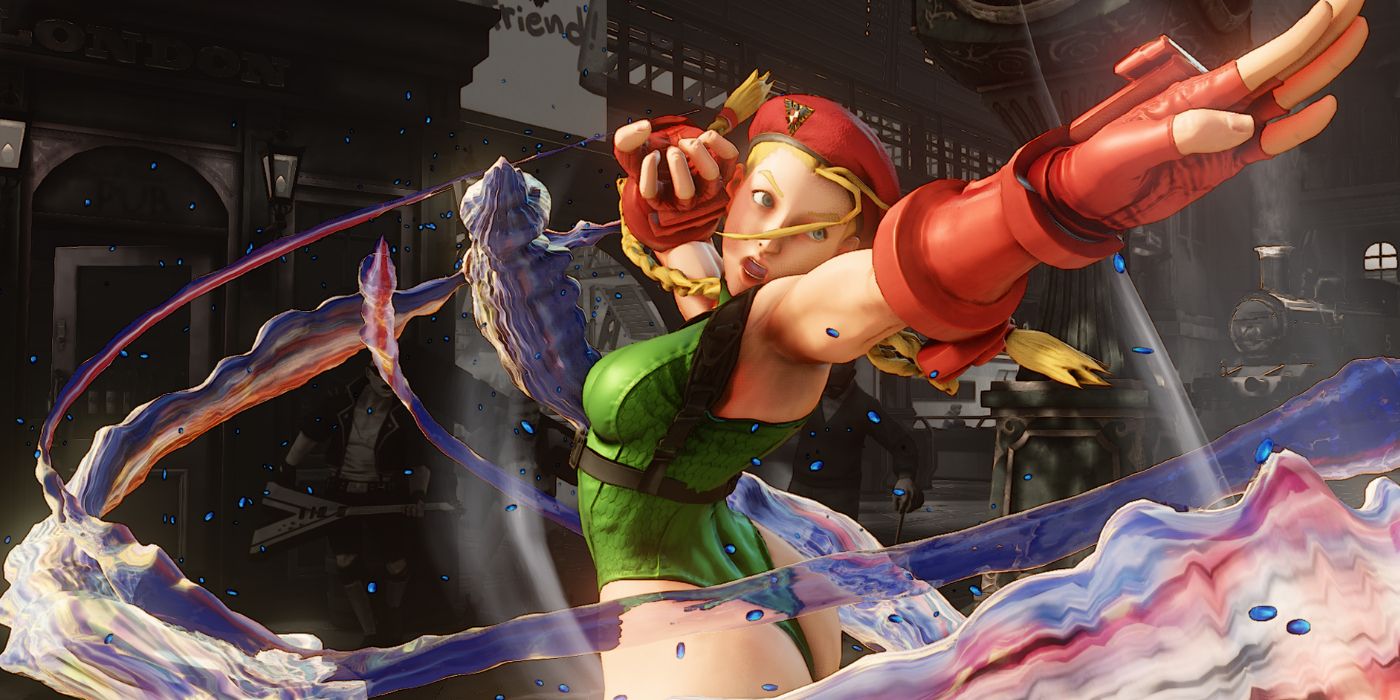A new research study conducted on human behavioral patterns has found that the sexualization of female characters in a video game is a "sufficient condition" with which to provoke people into online sexual harassment towards women. Inclusivity in gaming has been a growing concern for both fans and publishers alike, as diversity in video game representation slowly begins to adapt and catch up to a fanbase that comes from all walks of life.
The news that it's more difficult to be a female video game player isn't shocking. We've seen repeated incidents where women are specifically targeted because of their gender, especially in esports, where competitive play has been exceptionally harsh to women. One need only look as far as the bizarre Overwatch Ellie controversy to see just how immature the gaming scene can be towards gendered issues, even when they're being conducted by someone using a false identity. Maturity in gaming has been a slow process for many, but it is a rising tide, with historically problematic representations even being addressed in remakes like Final Fantasy 7 Remake, which has an ethics department in development and will be modifying the cross-dressing scene to be more tastefully done.
That's important, because new research suggests that representation in video games matters as much as many have argued it does: according to a report called "Effects of sexualized video games on online sexual harassment," games that sexualize female characters have a negative influence on the frequency with which women are sexually harassed online. The study was conducted by researches Jonathan Burnay (University of Liege), Brad J Bushman (Ohio State University), and Frank Laroi (University of Bergen), and conducted research across 211 participants. Participants were asked to split into groups, some of whom played hyper-sexualized female characters in Ultra Street Fighter 4 while others were not. After playing the game, participants were given the opportunity to send sexist jokes to a male or female partner.
The results weren't encouraging—participants who played sexualized female characters were more likely to sexually harass female partners. Interestingly, however, the sexualization of females was present in both males and females during the study. Regardless of participant, those who played the sexualized characters were more likely to sexually harass women—even other women. Furthermore, women sent "significantly more sexist jokes than male participants." It's an interesting wrinkle in the commonly-held belief that men are more sexist towards women online, but the crux of the study is that these behaviors towards women online are influenced negatively by sexualization of female characters.
Obviously, there hasn't been much in the way of studies of these online video game phenomena yet, and much more research is required to draw more direct and supported correlations. With gaming becoming increasingly a part of medical and mental discourse, though—video game addiction is set to become an officially recognized mental illness—it appears we're on the brink of better understanding and preventing the toxic behaviors that have become associated with the worst parts of the video game community.
Source: ORBI (via ResearchGate)


